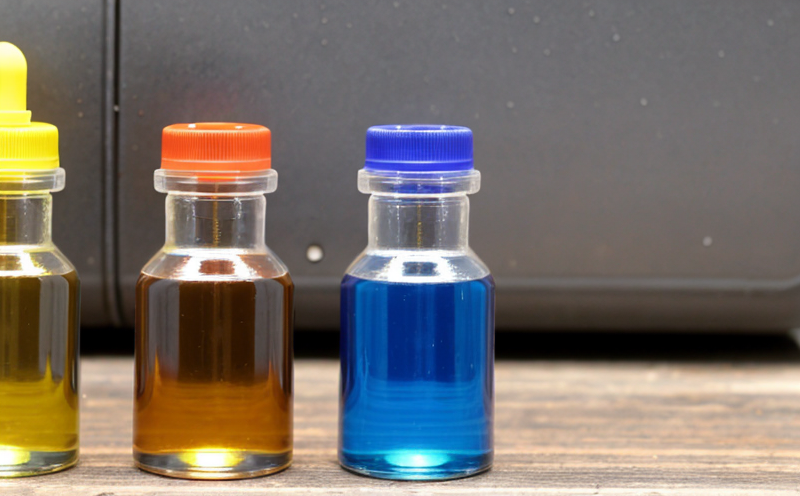Herbicide Acid Base Testing
In the realm of chemical testing, herbicide acid base testing is a critical process that ensures the safety and efficacy of herbicides used in agriculture. Herbicides are essential for controlling unwanted plant growth, but their formulation must be meticulously balanced to avoid unintended environmental impacts. This service focuses on determining the acidity or basicity (pH) of herbicides, which directly influences their solubility, stability, and effectiveness.
The pH levels of herbicides play a crucial role in how they interact with soil, water, and target plants. Understanding these parameters is vital for several reasons:
- It helps in optimizing the formulation to enhance weed control while minimizing environmental harm.
- Precise pH measurement ensures compliance with regulatory standards and industry best practices.
- Avoidance of suboptimal pH levels can lead to ineffective herbicides, which waste resources and may not achieve desired outcomes.
The testing process involves meticulous preparation of samples. Herbs and plant material are carefully collected from various geographical locations to ensure a representative sample set. These samples undergo rigorous preprocessing steps including washing, drying, and grinding to obtain a homogeneous mixture. The extracted herbicide solutions are then analyzed using advanced pH measurement devices.
Advanced instrumentation such as pH meters or potentiometric titrators provide accurate readings that are critical for the testing process. Calibration of these instruments is essential to ensure precision. This service ensures that all testing adheres to international standards like ISO 3496:2017 and ASTM D5983-18, which specify methodologies and acceptance criteria.
The results are reported comprehensively, detailing the pH levels and any deviations from expected values. These reports serve as essential documentation for regulatory compliance and internal quality control processes. The insights gained from this testing can lead to product improvements and better formulations that are more environmentally friendly and effective.
Benefits
- Enhanced Product Safety: Ensures herbicides do not pose a risk to the environment or human health.
- Better Formulations: Optimized pH levels lead to more effective and environmentally friendly products.
- Regulatory Compliance: Adherence to international standards guarantees compliance with legal requirements.
- Environmental Responsibility: Minimizes ecological impact by avoiding harmful substances in the final product.
Quality and Reliability Assurance
- Calibration: Regular calibration of pH measuring instruments ensures accuracy.
- Data Validation: Cross-checking results with multiple methods to ensure reliability.
- Standard Operating Procedures (SOPs): Adherence to strict protocols for sample preparation and testing.
Competitive Advantage and Market Impact
The ability to accurately determine the pH of herbicides provides a significant competitive edge. By ensuring the highest quality standards, this service helps companies differentiate their products in a crowded market. Reliable testing not only enhances product safety but also builds consumer trust, which is crucial for brand reputation.
Moreover, compliance with international standards ensures that products meet global regulatory requirements, opening up new markets and opportunities. This service contributes to the sustainable development of agriculture by promoting eco-friendly practices. The insights gained from this testing can lead to innovations in herbicide formulations, further solidifying a company's position as a leader in the industry.





